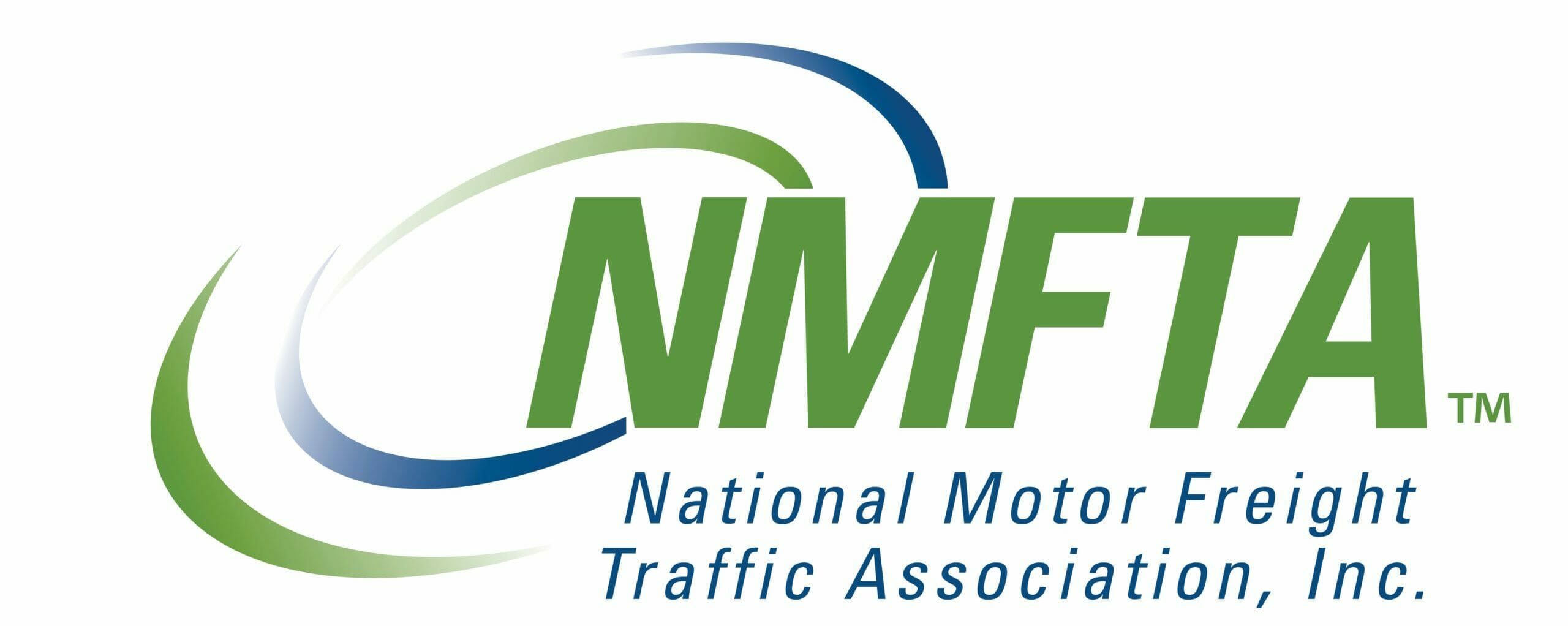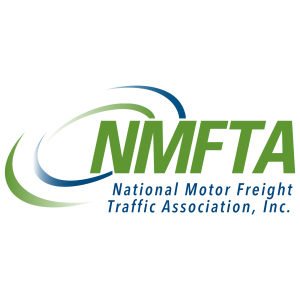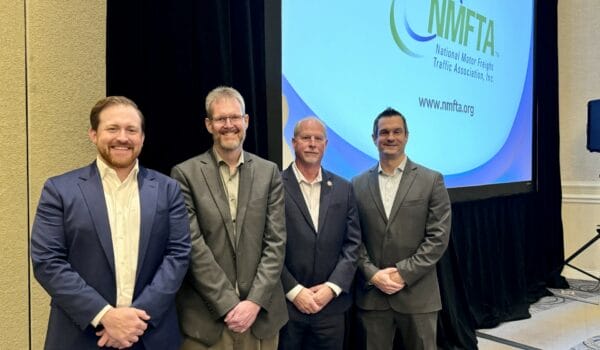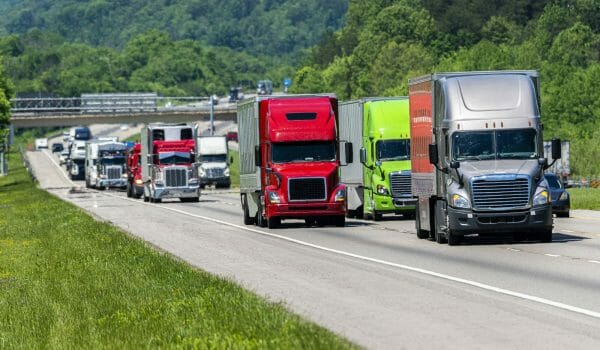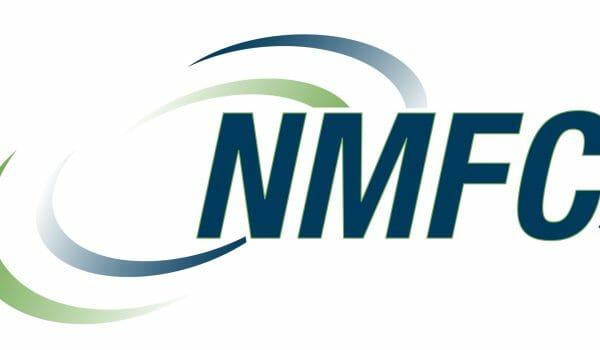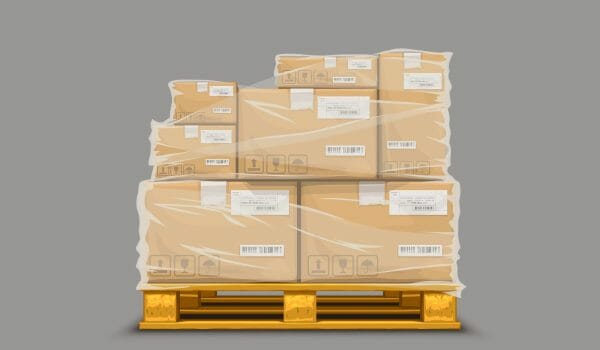No university in the world offers a degree titled Master of Truck Cybersecurity. But that doesn’t mean professionals in the industry can’t achieve what this formal degree would suggest.
They can, and the industry needs them to. All this requires is some ingenuity – and a connection to Colorado State University doesn’t hurt either.
Sean Bumgarner knows all about it. He is an active professional in the LTL trucking industry who knew his employer needed better insight into cybersecurity issues for heavy-duty trucks. So he became a student pursing what amounts to a degree in truck cybersecurity.
“When I started working with cybersecurity from a truck perspective, there was very little information,” Bumgarner said. “You’d find stuff about automobile vulnerabilities all the time – lots of resources for the passenger car space, like The Car Hacker’s Handbook. But there was almost no information out there about truck cybersecurity, until NMFTA started working on it.”
Bumgarner investigated and found that Colorado State University, particularly Associate Professor of Systems Engineering Dr. Jeremy Daily, was beginning to take a closer interest in truck cybersecurity. With Daily as his advisor, Bumgarner was able to put together a degree track that would make him, in essence, a master of truck cybersecurity – even if that’s not the formal title on the degree.
“Typically there are two ways to get an advanced degree,” Daily said. “One is Plan A, which is a thesis – where you do research and write up a thesis – and the other is Plan B where you just do a bunch of courses and then get a master’s degree.”
Daily said that, by pursuing a thesis on truck cybersecurity, a student could not only achieve knowledge of the topic by working on the thesis but also by attending conferences and learning to gather information from research sources.
“The actual degree itself doesn’t actually matter as much as what your thesis topic is,” Daily said. “With graduate students, people want to know what their thesis topic is, and what their publication records are. That’s really where the big shift is. With somebody like Sean, I’m always pursuing different ways to help him create a research topic that he can publish as a thesis, and then attend conferences and so forth.”
Daily has also created such a hands-on experience for the past six years by coordinating the annual CyberTruck Challenge® held each summer in Warren, MI.
One challenge for students wanting to pursue a similar line of education is that thesis candidates need to find an advisor, and there aren’t many who are intimately familiar with the topic. Daily is one, of course, and he is not shy about encouraging would-be students to enroll at Colorado State to pursue a thesis on heavy-truck cybersecurity. You don’t have to live in Colorado either, as online courses are available during the evenings.
The existing curriculum explores, among other things, how the experience of different industries can help the trucking industry.
“Part of the trick, and one of the skills the trucking industry needs to develop, is to find solutions that exist in other spaces and bring them into trucking,” Daily said.
As Bumgarner has pursued his course of study, he has already developed knowledge he can put to use for his current employer.
“One of my roles is to understand heavy-vehicle communication, and all of the vulnerabilities associated with that,” Bumgarner said. “When I started the degree, there wasn’t a formal structure for testing technology that goes on the truck itself, such as the electronic logging device, the camera systems, the tire-inflation monitoring systems, equipment inventory systems – system after system.”
His degree track has shown him how to create a methodology to test the vulnerabilities of these systems and thus minimize their cyberrisk.
As he continues to pursue his degree, Bumgarner also urged NMFTA and other industry leaders to stay on top of the issue and encourage others in the industry to pursue greater education on heavy-truck cybersecurity.
“Because trucking is a very operations-based industry, a typical approach to problem-solving will not work in this space,” Bumgarner said. “You’re going to have to do some creation, and the more knowledge you have to create that structure in your organization, the better and the more secure your systems will be. You’ll also be able to train others inside your own organization to develop processes around cybersecurity and minimize risk.”
The world needs more professionals who have mastered the topic of trucking cybersecurity. If you would like to become one of them, contact Dr. Jeremy Daily today at jeremy.daily@colostate.edu.
Additionally, if you’re interested in learning more about trucking cybersecurity in general, visit NMFTA’s cybersecurity webpage at https://nmfta.org/cybersecurity/.
